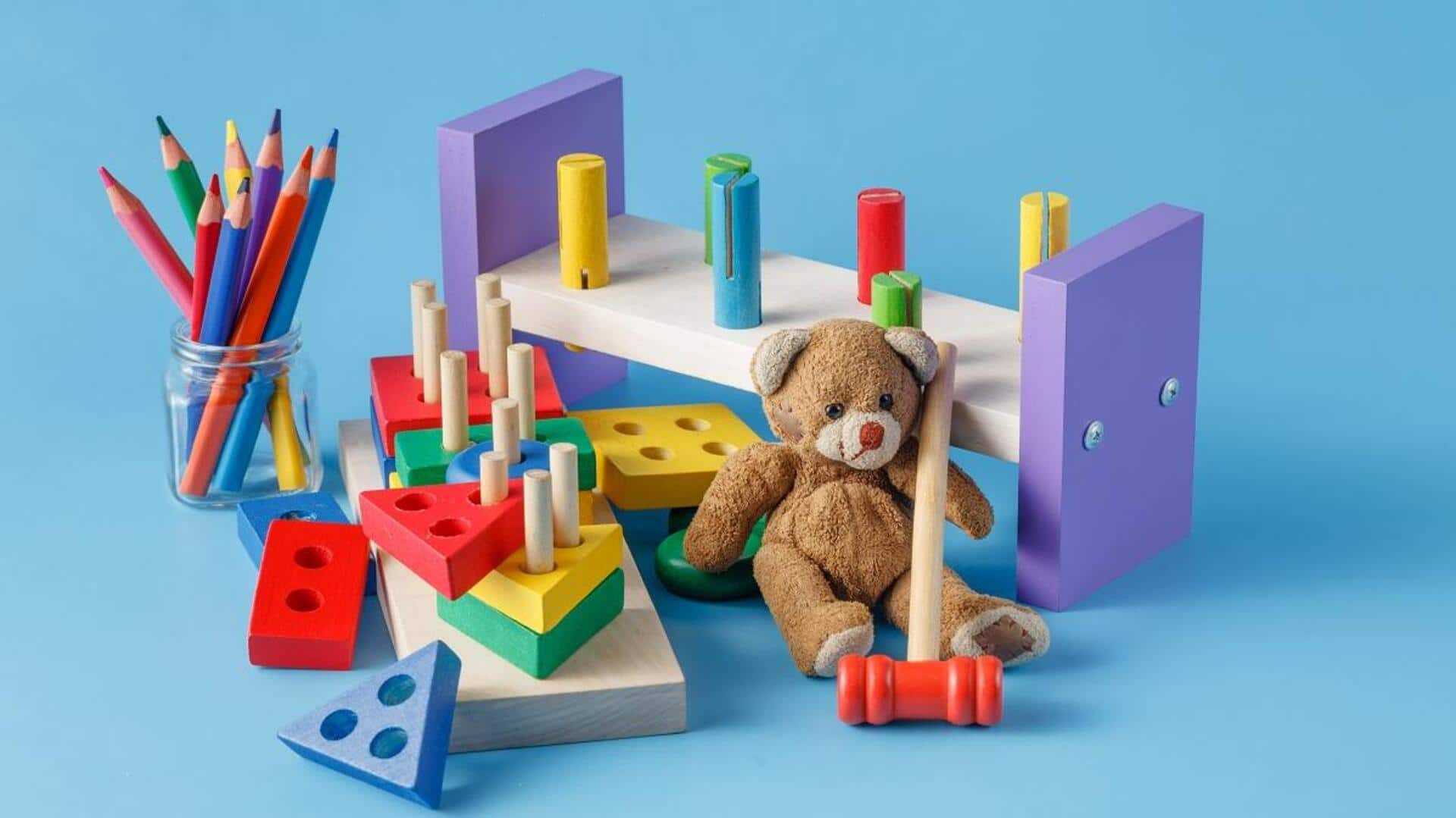India emerges as new toy manufacturing hub for global brands

India's toy industry has seen a significant surge between FY15 and FY23, with exports skyrocketing by 239% and imports dropping by 52%.This shift has transformed India into a net exporter of toys.Factors such as mandatory Bureau of Indian Standards (BIS) approval for toy sales, protectionism, increased customs duty, and the China-Plus-One strategy have contributed to this boom.Major global brands are now relying more on India for sourcing their products.
BIS regulations and increased customs duty fuel growth
The introduction of mandatory BIS approval for toy sales in India has significantly reduced the country's dependence on China, which previously stood at 80%.The Indian government's decision to raise the basic customs duty on toys from 20% to 70% has also played a crucial role.As a result, imports have been largely replaced by domestically produced toys.Major manufacturers like Dream Plast, Microplast, and Incas are gradually shifting their focus from China to India.
Global toy majors establishing base in India
Global toy brands are increasingly setting up bases in India, with companies like Hasbro, Mattel, and Spin Master sourcing on a large scale from the country.Chennai-based Funskool, owned by tyremaker MRF and associates, now caters to 60% of its production to export markets, including 33 countries across the GCC, Europe and the US.The company's CEO R Jeswant stated that many firms have established their base in India due to supportive government policies like BIS.
Future prospects and challenges for Indian toy industry
Despite the growth, the Toy Association of India (TAI) believes that BIS rules need further relaxation to support micro, small, and medium enterprises.Out of approximately 6,000 toy manufacturing units in India, only 1,500 have obtained a BIS license.However, market research firm IMARC predicts a bright future for the industry with its value expected to reach $4.4 billion by 2032 from $1.7 billion in 2023, indicating a growth rate of 10.6%.
No comments:
Post a Comment